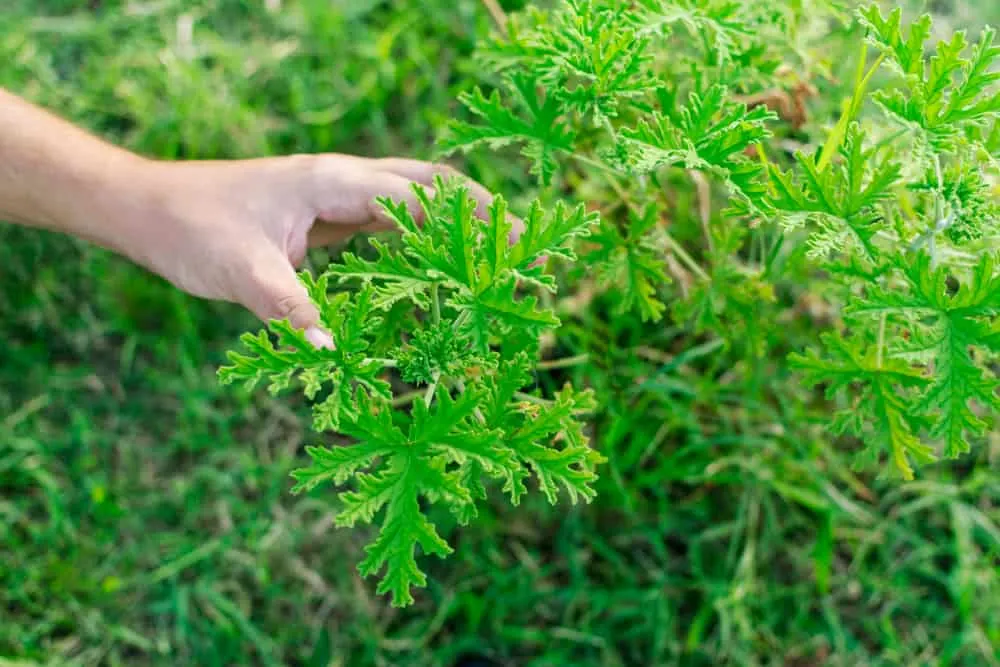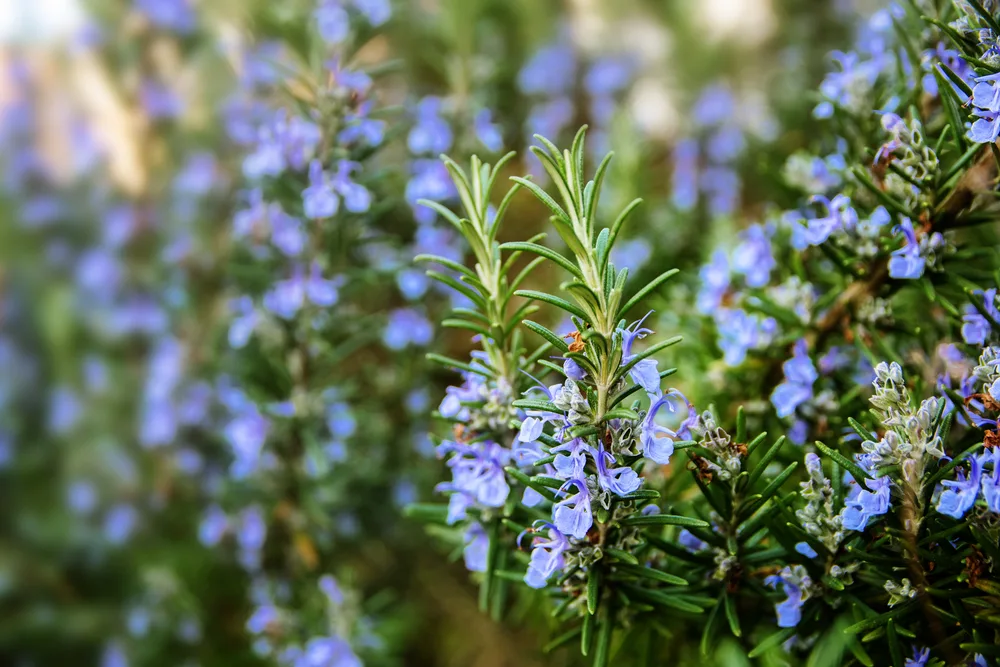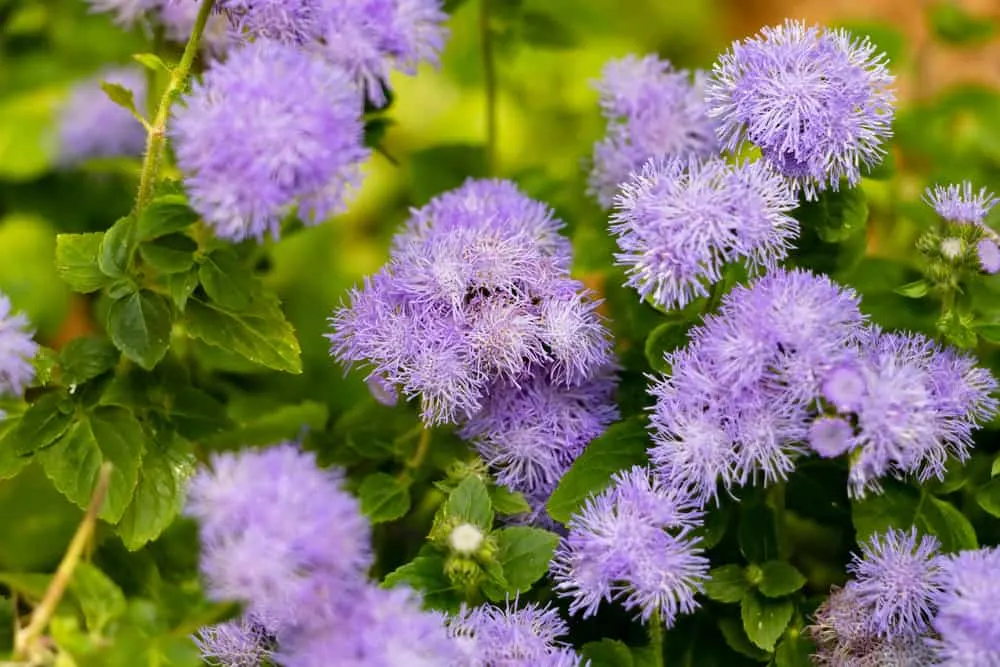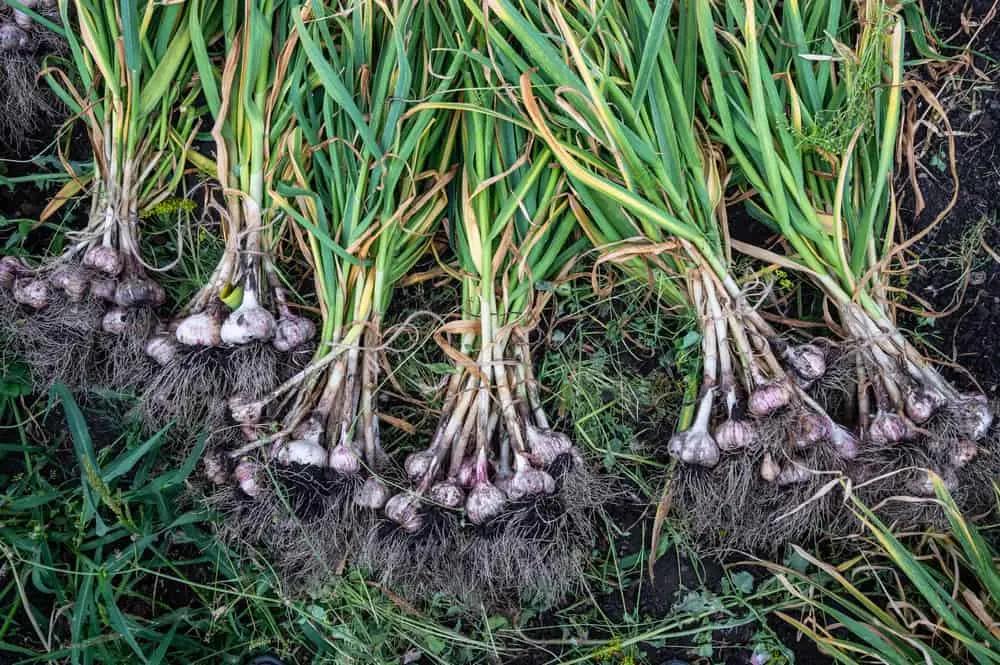Plants That Don’t Work To Repel Mosquitoes
1. Mosquito Plant

Many might know this variety of scented geranium as the citronella plant, because of its citronella scent. This famous mosquito-repelling fragrance is what makes this geranium a go-to plant for deterring these pests. Ironically, however, the mosquito plant does not actually affect mosquitos.
Despite it smelling like citronella, the mosquito plant contains minuscule amounts of the compound, rendering it useless against mosquitos.

While it may be the biggest case of false advertising in the gardening world, this pretty geranium deserves a place in your landscape. It smells delicious and is an easy-going plant, thriving in a range of conditions. It also makes a great indoor plant.
2. Rosemary

Rosemary is a herb garden staple, growing in a variety of conditions and even becoming a go-to edible garden hedge. Alongside its usefulness in the kitchen, rosemary smells great and boasts pretty, quaint blue and white flowers during summer.
Many claim that rosemary’s strong scent wards off mosquitos, acting in a similar way to other pungent plants. Unfortunately, there’s currently no scientific evidence to back up these claims.
That isn’t to say you shouldn’t try adding rosemary to your herb garden. It thrives in most conditions and grows well on kitchen windowsills for the urban gardener. It might not work to deter mosquitos but it has several other uses in both the kitchen and elsewhere.
3. Floss Flower

These pretty flowers are often grown for their fuzzy purple flowers. Floss Flower is punted as an effective mosquito repelling plant, mainly because it contains coumarin. This chemical is used in many insecticides and store-bought mosquito repellants.
This may convince many to grow floss flowers near their windows and entertainment areas. However, there is no research to prove that the amounts of coumarin within floss flowers are enough to effectively deter mosquitos.
Don’t let this small setback stop you from planting this unique plant in your garden though. It’s a stunning, eye-catching addition that might stop a mosquito or two from buzzing into your personal bubble.
4. Garlic

Garlic commonly occurs on lists describing mosquito repelling plants, mainly due to its pungent smell. Some old wive’s tales also state that simply consuming some garlic can stop mosquitos from finding you. Garlic may be effective at keeping vampires away, but unfortunately, it has very little effect on mosquitos.
Some studies have shown that rubbing garlic on the skin does have some success in deterring mosquitos. But, the plant itself has no adverse effects on mosquitos.
While spreading garlic all over your skin may keep these pesky bugs away, it’ll be sure to keep everyone else away too.
This smelly bulb is better grown for use in the kitchen to flavor your meals, rather than as a mosquito repellant. Several other plants are far more effective in repelling mosquitos, and they smell better too.
Summer is a time for fun and relaxation, not worrying about mosquitos. Luckily there are several plants that you can add to your landscape that are highly effective in keeping these critters away. From lavender to basil, you have a range of plants to choose from.
There are a few plants that claim to have adverse effects on mosquitos, but science and research claim otherwise. In some cases, there just isn’t enough science to back up the claims. At the end of the day, all of the plants have their place, but some are far better at keeping mosquitos away.




